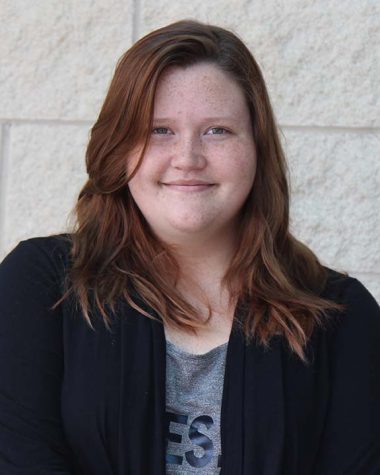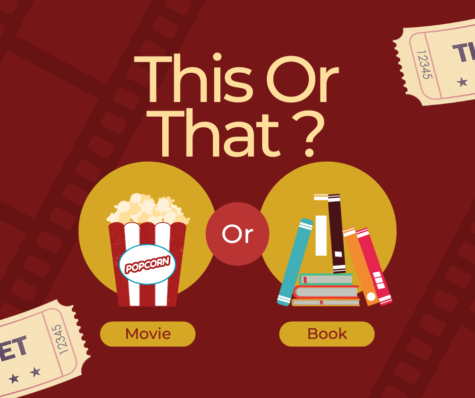Book Den Reviews: Words in Deep Blue
Finally, a book for book lovers, about book lovers, written by a book lover. The perfect novel to sit back and relax on a Sunday evening, Cath Crowley offers a fresh new voice in her newest novel “Words in Deep Blue.”
“Words in Deep Blue” follows the lives of Rachel Sweetie and Henry Jones, best friends since grade school and supposedly inseparable; but when Rachel finds out she will have to move with her family, the day before she leaves she tucks a note into the pages of Henry’s favorite book in his family’s bookshop. She yearned for a response, but Henry never gave one. Three years later, Rachel must return to the city where her aunt has given her a job at Henry’s family’s bookshop. While she remains angry at Henry, the need for a distraction outweighs the hatred. Rachel’s brother Cal drowned less than a year ago, and her life has gone to shambles. Once a girl full of light and love, Rachel no longer sees a future. Henry, on the other hand, does not seem to have his life in any better order. The love of his life has left him for the jerk of the school, his family has slowly fallen apart and now they can not afford to keep the family second-hand bookshop. With their reuniting, Henry and Rachel watch the stories of the book store come to life and make a story all their own.
Cath Crowley brings something completely new to the table as a young-adult author. With a story comparable to Rainbow Rowell’s usual books, she has a voice all her own. Since the two protagonists of “Words in Deep Blue” already finished high school, they brought a new perspective to the teen reader. Many contemporary teen fiction novels take place in a high school, and since I already have to show up at one of those every day, the setting can get pretty boring. Having two characters entering into adulthood gave Crowley more freedom to write in new, more adventurous settings that would not typically fit in a high schooler’s day-to-day routine.
I’ve always questioned the use of epistolary segments in a novel, like when an author inserts a letter, interview, or some other type of documentation to further expand the plot. For some books it works, but for others I do not think the extra information needed a place in the book since it could have just as easily been said by one of the characters. I don’t know if the epistolary segments furthered the plot of Crowley’s novel, but they added an emotional effect. Reading the letters that shared emotions and thoughts between characters as opposed to reading a strand of dialogue made for more impactful scenes. I especially loved the letters since one of the themes of “Words in Deep Blue” revolved around the importance of words – no matter if they are spoken or written.
For anyone interested in Rainbow Rowell, John Green or any other contemporary teen romance author, Cath Crowley has written the perfect story. Without a doubt, Crowley’s writing style will make an impact on anyone who reads her books, and I plan on picking up her other novel “Graffiti Moon.”
Thank you Cypress Creek Library and Random House Publishing for the opportunity to review this book.

Libby Sullivan is a senior and the Editor-in-Chief at Cypress Creek High School. She plans to go to a college close to home and follow her dream of becoming...

